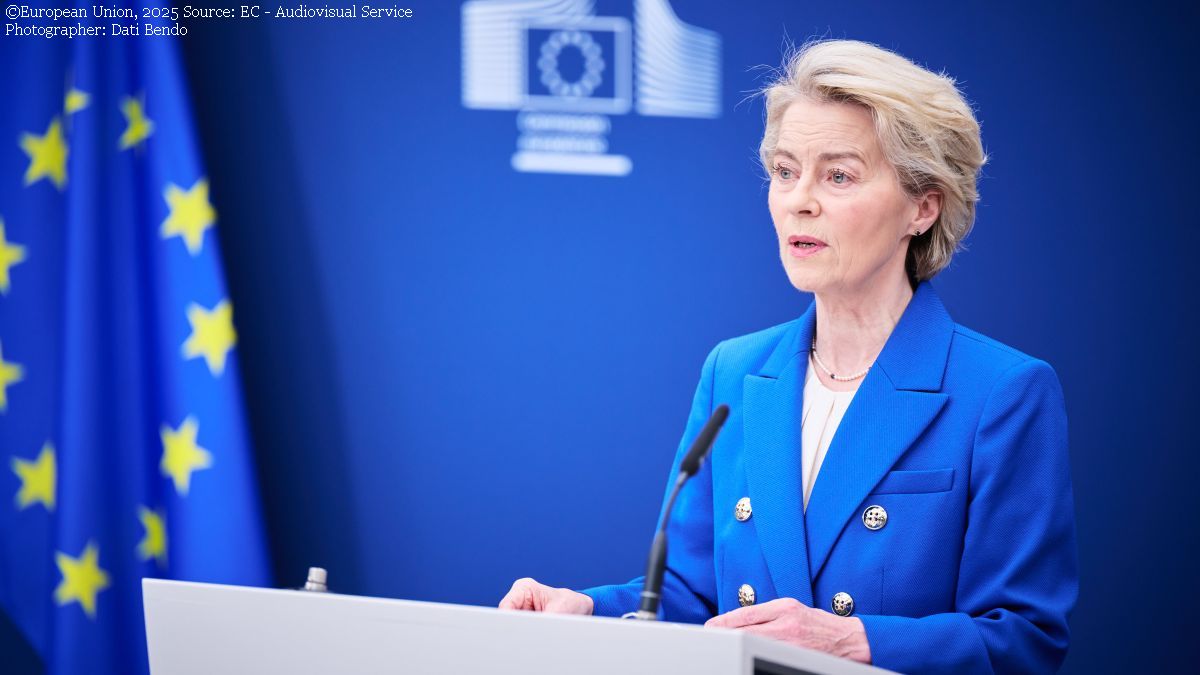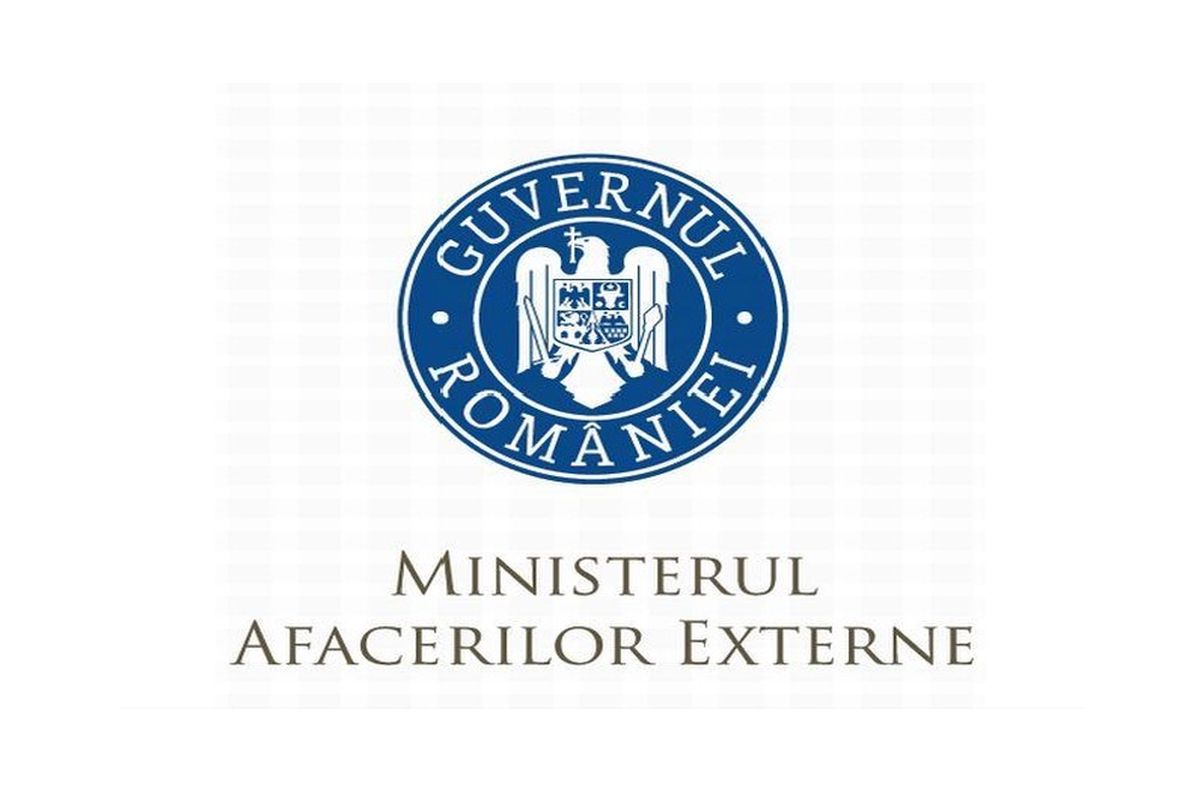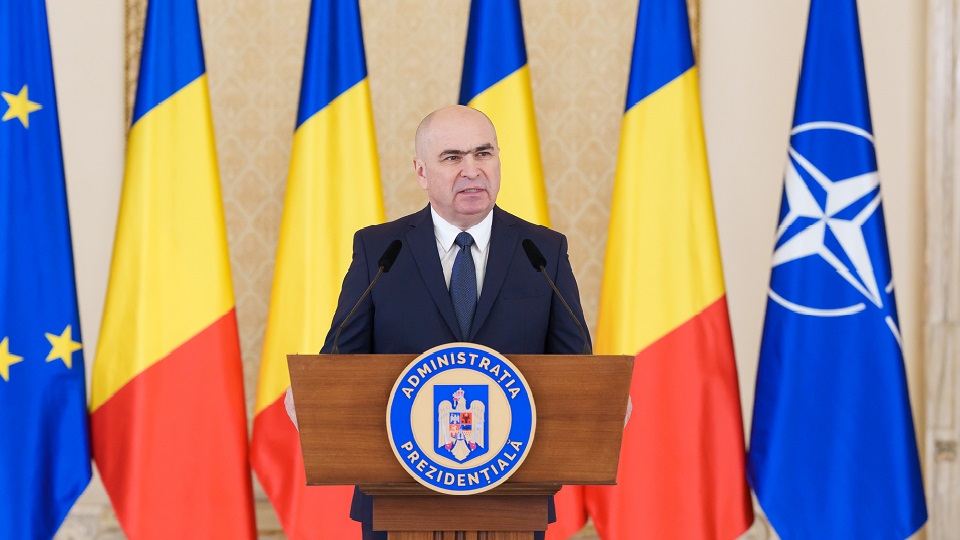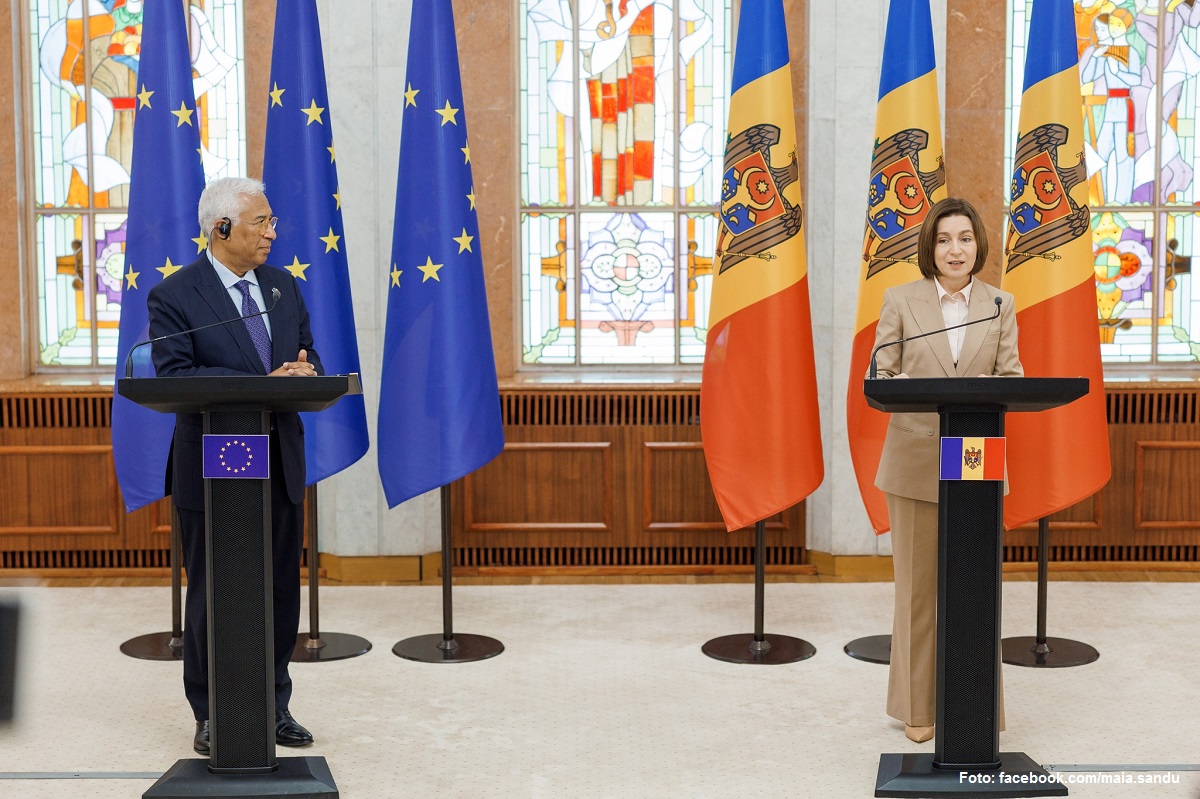The international community reacts to the situation in Romania
Belgium, Canada, France, Germany, Holland and the United States have called on the government in Bucharest not to undo the progress achieved in the fight against corruption.
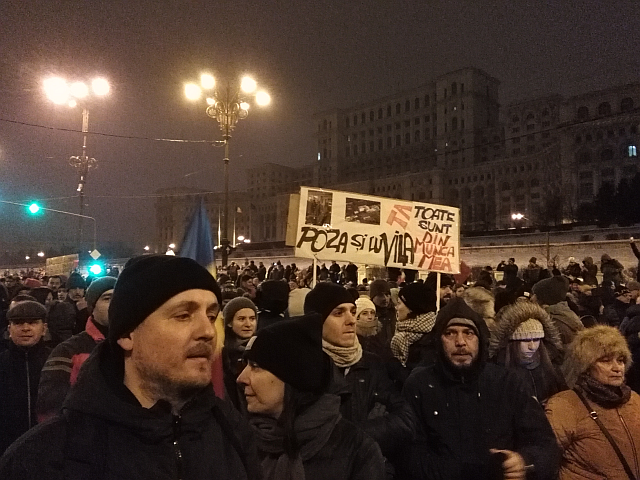
Mihai Pelin, 02.02.2017, 13:51
Protests of an unprecedented scale in the last 25 years were held across Romania after a decision by the leftist government led by Sorin Grindeanu to pass an emergency ordinance amending the criminal codes. In Bucharest, tens of thousands of people took to the streets for a peaceful demonstration that came to an end when a group of persons who infiltrated the crowds started throwing firecrackers and smoke grenade at the riot police and set fire to a billboard, while protesters tried to distance themselves from the violence.
The international community was quick to react, with the embassies of France, Germany, Holland, Belgium, Canada and the United States voicing concern about the events of recent days, saying the government’s actions risk affecting partnerships with Romania based on common values inherent to the guiding principles of the EU and NATO. In a joint statement, the six embassies said the changes made by the government undermine the progress made by Romania with respect to the rule of law and the fight against corruption, as well as Romania’s reputation in the international community. The foreign embassies say that “while amendments to existing laws and procedures are occasionally necessary, these changes should be made only in the process of comprehensive and credible consultation with all stakeholders”.
The American Chamber of Commerce in Romania expressed its deep disappointment, saying the adopted legislation “undermines the rule of law and derails from the fundamental principles of transparency, stability and predictability and strays Romania from the European values and standards”. The president of the European Commission Jean-Claude Juncker and the Commission’s First Vice-President Frans Timmermans also expressed concern about the recent developments in Romania.
The European officials recall that the elimination of the Cooperation and Verification Mechanism depends on the irreversibility of the progress achieved in the fight against corruption. They warn that steps that undermine this progress or have the effect of weakening or shrinking the scope of corruption as an offence will have an impact on future assessment. In a letter to Brussels, prime minister Sorin Grindeanu replied that the fight against corruption remains a priority of the Romanian government. In his opinion, the theme of pardon refers to the pilot-decision concerning prison overcrowding which may lead to significant penalties to Romania by the European Court of Human Rights. The prime minister also said the adoption of the emergency ordinance amending the Criminal Code was in keeping with the Constitution in an effort to harmonise this law with the decisions of the Constitutional Court.
(Translated by Cristina Mateescu)

